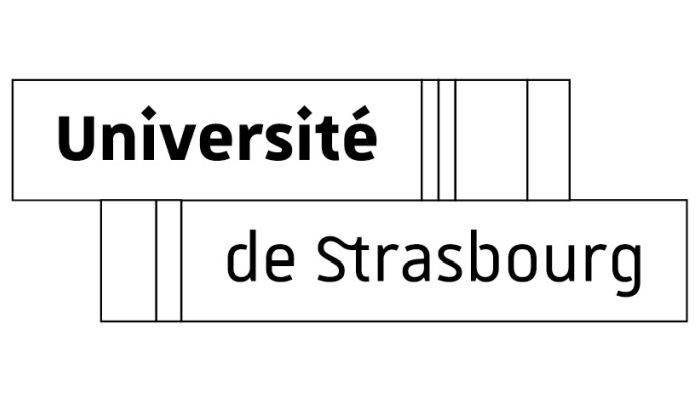
Université de Strasbourg
Université de Strasbourg
Organisation Introduction
UNISTRA is one of the largest universities in France, with over 51,000 students (including 20% of international students) and over 2,800 teachers-researchers. The scale of research activity at UNISTRA is substantial, involving a European Doctoral College and its 10 doctoral schools and 71 research units.
The Institut de Science et d’Ingénierie Supramoléculaires (ISIS) is a top research institute of UNISTRA. Founded by Prof. Jean-Marie Lehn, ISIS is composed of both academic and private labs, thereby offering an ideal playground for the transfer of knowledge from academia to industry and an intersectoral environment for training and research. Presently, four Nobel Prize (Jean-Marie Lehn, 1987; Martin Karplus, 2013; Jean-Pierre Sauvage, 2016; Richard R. Schrock, 2005) and one Kavli Prize (Thomas W. Ebbesen, 2014) laureates are performing their research activities at ISIS. ISIS is a joint research unit (UMR 7006) of UNISTRA and the Centre National de la Recherche Scientifique (CNRS).
Why this project?
The research activity of Nanochemistry Laboratory led by Prof. Paolo Samorì is focused on the architecture vs. function relationship in graphene/2D materials and organic-based multicomponent thus multifunctional materials. This research endeavor relies on the combination of approaches that involve supramolecular chemistry, hierarchical self-assembly, nanochemistry/nanophysics of surfaces and interfaces, development of functional materials and study of their fundamental physicochemical properties, and fabrication of optoelectronic (nano)devices based on supramolecular hybrid architectures.
The Nanochemistry Laboratory is currently engaged in exploring and controlling the “Internet of functions” in ad hoc 0D to 3D functionalized multicomponent nanostructures and networks thereof for energy, sensing, and optoeletronic applications, which includes:
- Chemistry of 2D materials (graphene and other layered compounds): production, tuning of their properties, fabrication of devices for optoelectronics, sensing and energy storage.
- Multiscale tailoring of smart supramolecular systems: development of multiresponsive coatings and composites.
- High-performance multifunctional materials and (nano)devices for optoelectronics, sensing, data storage, energy storage, etc.
Therefore, the participation of UNISTRA in the GREENCAP project is perfectly in line with the scientific themes and objectives of the Nanochemistry Laboratory.
What in this project?
UNISTRA’s major role in the GREENCAP project is the functionalization of layered 2D materials for supercapacitor application. More specifically, UNISTRA will be involved in and lead the following scientific activities:
- Chemical functionalization of electrode materials.
- Electrode materials hybridization and interfaces characterization.
- Characterization of functionalized and hybrid electrode materials.
- Electrochemical characterization of electrode/electrolyte interfaces.
UNISTRA will also contribute to interdisciplinary activities such as benchmarking, impact assessment, communication, dissemination, and exploitation.

GREENCAP offers us the opportunity to innovate in the field of science of high societal relevance, where chemistry is brought to function with the ultimate goal developing disruptive technologies for energy storage.
